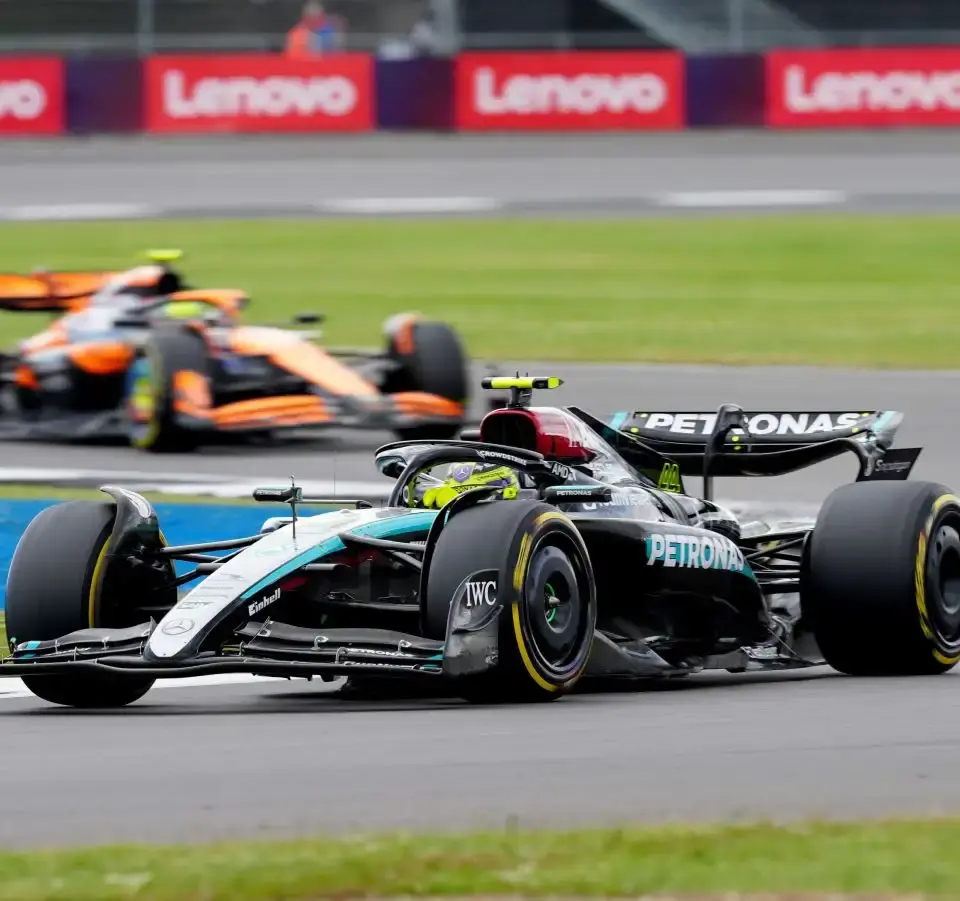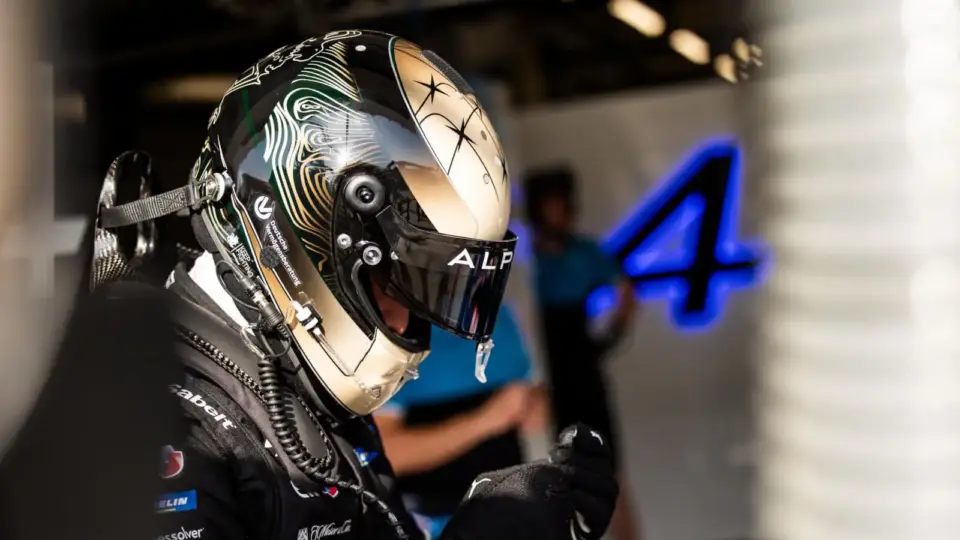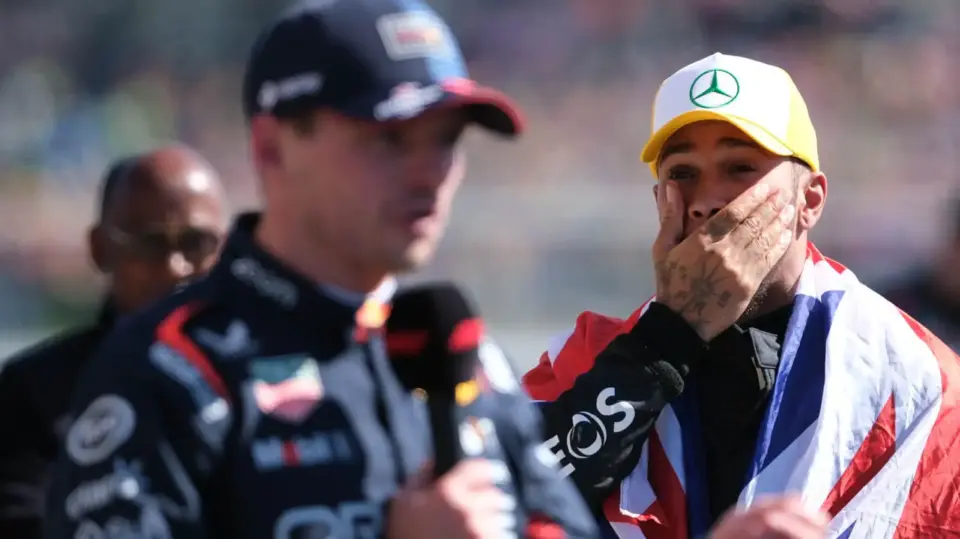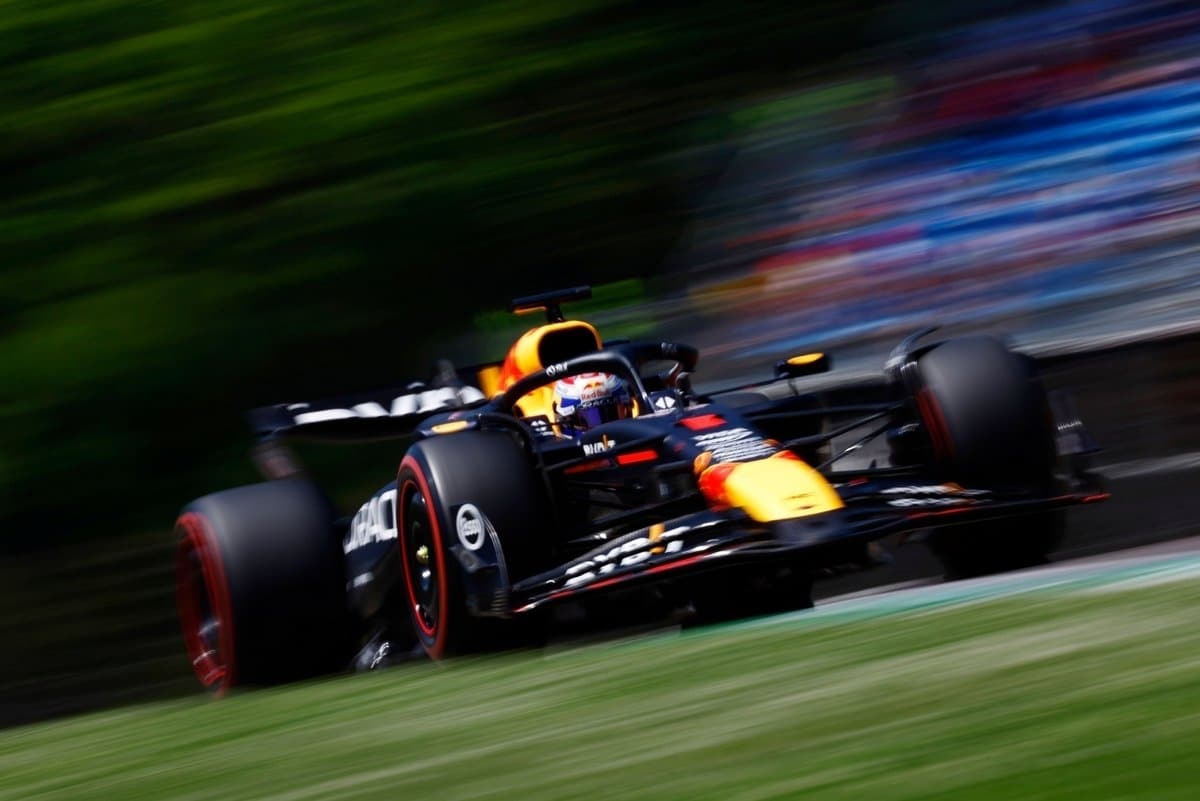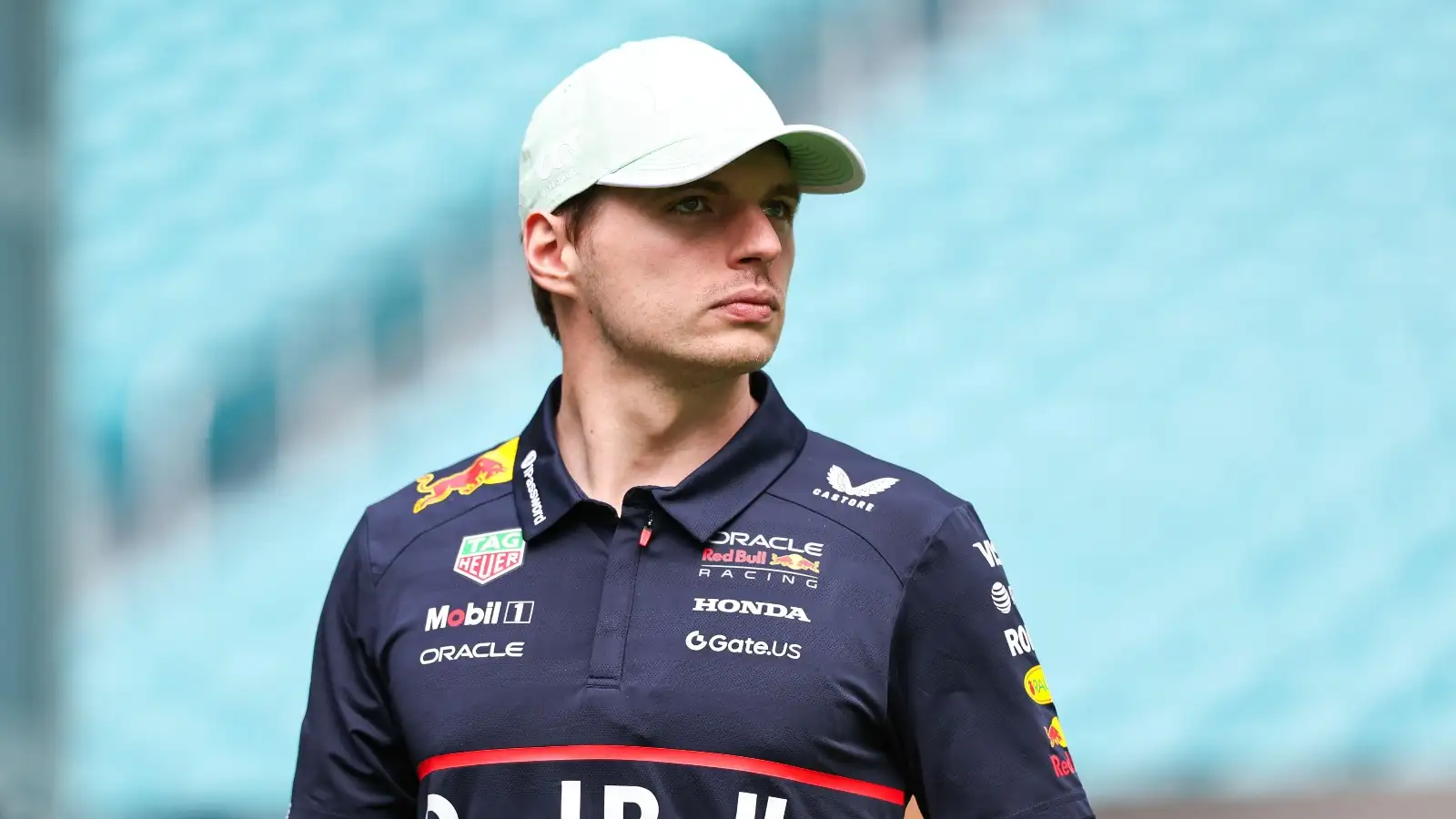As the dust settles on Lewis Hamilton’s recent triumph at the British Grand Prix, a pressing question emerges from the excitement: could Formula 1 be on the cusp of an unprecedented era of competition? The typically dominant Red Bull finds itself challenged, not just by rival teams but by a closer field, sparking debates on the future of racing regulations.
The Formula 1 landscape has experienced a shake-up this season, with six different winners emerging from the first 12 races. Despite Max Verstappen securing seven of these victories, his recent second-place finish at the British Grand Prix marked a rare occurrence — Red Bull, the previous season’s powerhouse, lost two consecutive races for the first time since 2022. Meanwhile, Mercedes, a team that hadn’t seen such success since 2021, clinched wins at both the Austrian and Silverstone races, showcasing a notable resurgence.
Christian Horner, team boss of Red Bull, has described this as a “convergence,” emphasizing that, as regulations mature, competition inevitably intensifies. This sentiment was echoed by Dutch pundit Allard Kalff, who argued for maintaining the current rules. He believes stability could lead to all teams being separated by just two-tenths of a second within five years. Speaking on Viaplay’s ‘In de Slipstream,’ Kalff enthused that the consistency of regulations would create an incredibly competitive environment.
Television commentators have noted that this season, the action is firmly at the front, a refreshing change for both fans and drivers. Kees van de Grint, a former Bridgestone engineer, highlighted how the British Grand Prix exemplified this shift, with the top positions fiercely contested right up to the finish line. Unlike seasons dominated by predictable outcomes, this year offers genuine suspense and engagement, keeping viewers on the edge of their seats.
However, change is on the horizon. Formula 1 plans to introduce new car and engine designs in 2026, a move that could disrupt the emerging equilibrium. There’s much anticipation around how these changes will affect the sport. Martin Brundle, a respected F1 commentator, has remarked on the thrilling prospects that lie ahead, predicting an “epic 18 months” of racing before the transition to new regulations.
As the 2026 deadline looms, the debate continues: should the sport maintain its current rules and savor this newfound closeness, or embrace innovation and risk altering the competitive balance? For now, the focus remains on the nail-biting races, with fans savoring each unpredictable lap.
The current Formula 1 season has breathed new life into the sport with its unexpected turns and competitive races. As teams battle it out with surprising results, the discussion about future regulations adds another layer of intrigue. Whether maintaining current rules or embracing upcoming changes, the thrilling competition promises to keep fans engaged for seasons to come.
